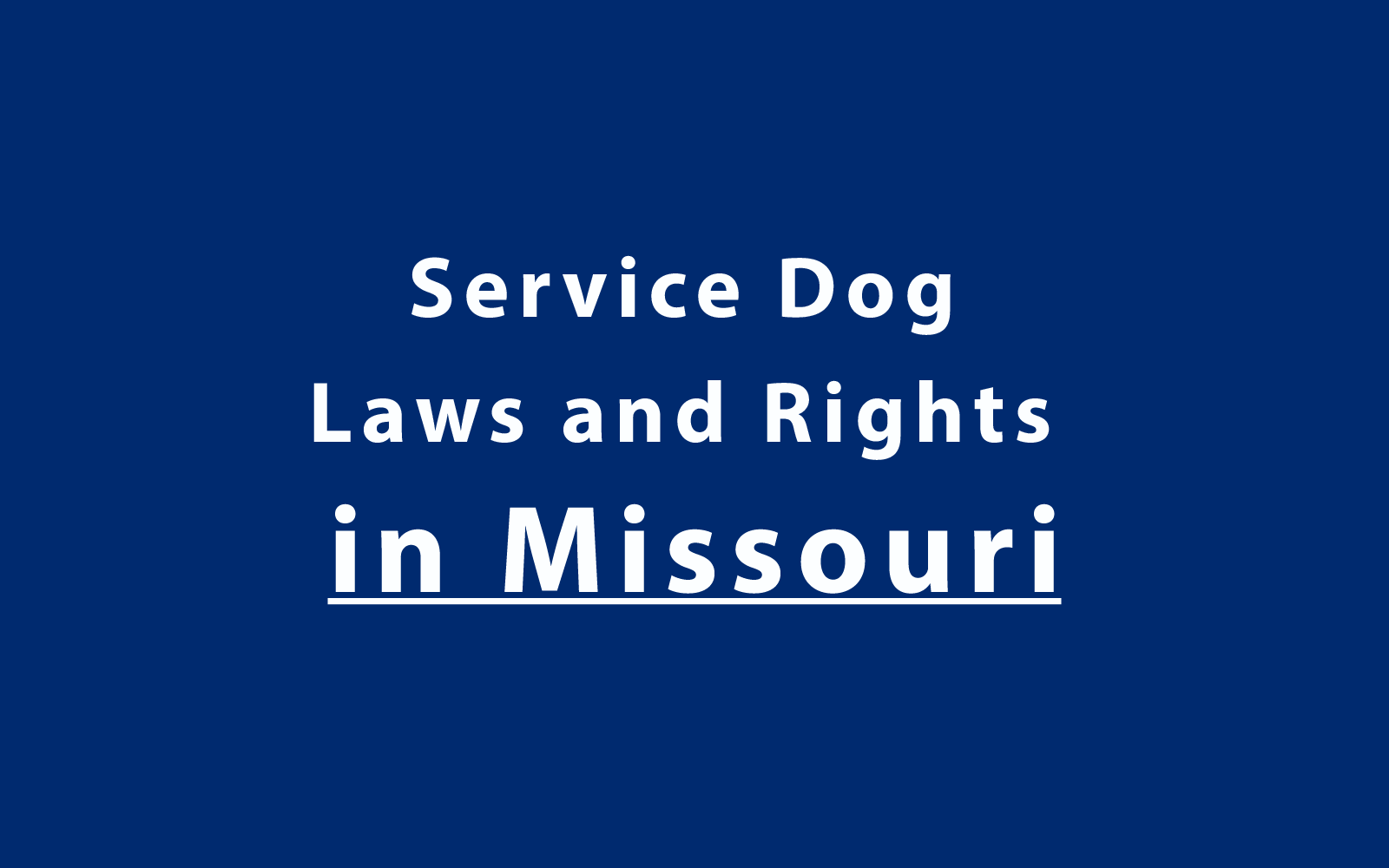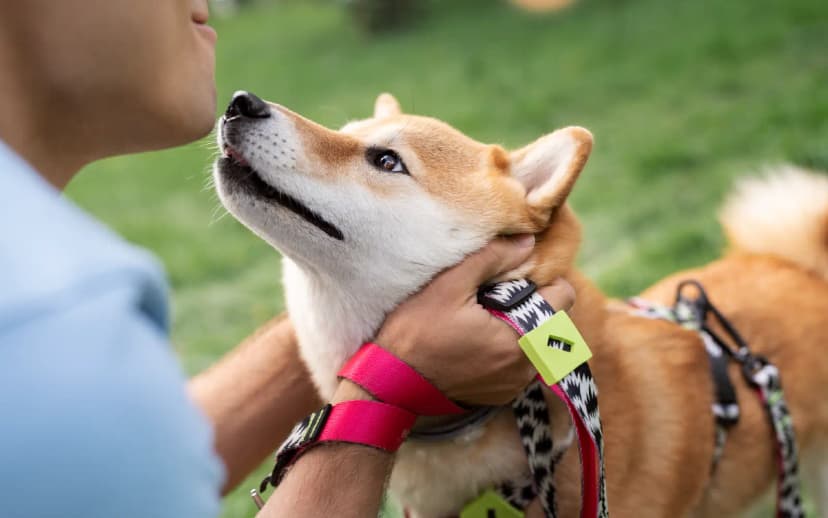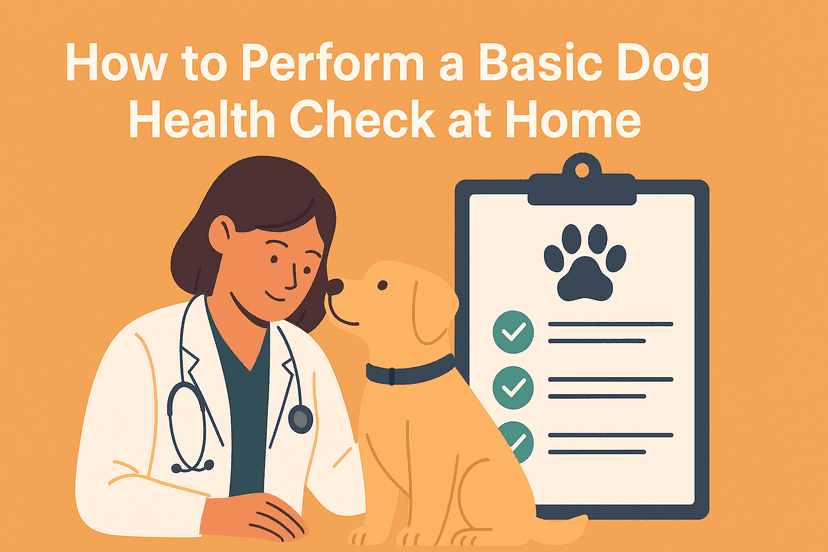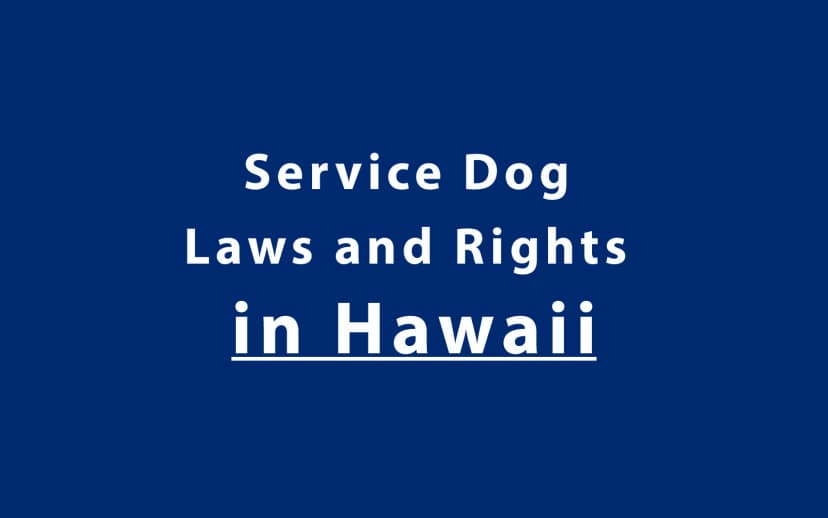Service Dog Laws and Rights in Missouri

Navigating the legal framework surrounding service dogs in Missouri can be a crucial step for individuals with disabilities who rely on these animals for independence and support. Service dogs play a vital role in the daily lives of many Missourians, assisting with tasks such as guiding individuals who are blind, alerting individuals who are deaf, pulling wheelchairs, retrieving items, and even detecting medical conditions like seizures or low blood sugar. This article explores the comprehensive landscape of service dog laws and rights in Missouri, highlighting the federal and state statutes that ensure protection, accessibility, and fair treatment for service dog teams.
1. Definition of a Service Dog in Missouri
In Missouri, a service dog is defined in alignment with the federal Americans with Disabilities Act (ADA). Under the ADA, a service animal is a dog that has been individually trained to perform tasks or do work for a person with a disability. The task(s) performed by the dog must be directly related to the person’s disability.
Importantly, emotional support animals, comfort animals, or therapy animals do not qualify as service animals under this definition. Only dogs (and in some cases, miniature horses) that are specifically trained to assist a person with a disability are protected under Missouri service dog laws and the ADA.
2. Federal Legal Protections (ADA, FHA, ACAA)
Americans with Disabilities Act (ADA)
The ADA provides broad protections for individuals with service dogs across the United States, including in Missouri. It guarantees access to public places such as:
- Restaurants
- Hotels
- Parks
- Government buildings
- Public transportation
Entities covered by the ADA must allow individuals with disabilities to be accompanied by their service dogs in all areas where the public is normally allowed.
Fair Housing Act (FHA)
The FHA ensures that individuals with disabilities can live with their service animals (and emotional support animals) even in housing that has a "no pets" policy. Housing providers in Missouri must provide reasonable accommodations without charging additional pet fees.
Air Carrier Access Act (ACAA)
This federal law governs service dog access in air travel. It allows trained service dogs to fly in the cabin with their handler without additional charges. Airlines may require documentation confirming the dog's training and health.
3. Missouri State-Specific Laws on Service Dogs
Missouri law complements federal protections through its own statutes that affirm the rights of individuals with disabilities to be accompanied by their service dogs. Some key provisions include:
- Missouri Human Rights Act (Chapter 213, RSMo): Prohibits discrimination against individuals with disabilities in public accommodations, employment, and housing.
- Public Access Law (Chapter 209.150, RSMo): Confirms the right of people with disabilities to be accompanied by guide, hearing, or service dogs in public spaces and transportation.
- Education and Employment: Schools and workplaces must make reasonable accommodations for individuals with service dogs, following both ADA and state laws.
4. Public Access Rights and Responsibilities
Access to Public Places
Under Missouri and federal law, service dogs are allowed to accompany their handlers into any place open to the public. This includes grocery stores, shopping malls, libraries, and public transportation.
Service dogs must be under control at all times, usually by leash or harness, unless the disability prevents the handler from using these devices. Businesses cannot charge a fee or require advance notice for service dog access.
Questions Businesses Can Ask
If it is not obvious that the dog is a service animal, staff may ask only two questions:
- Is the dog a service animal required because of a disability?
- What work or task has the dog been trained to perform?
They may not ask about the nature of the person’s disability or require documentation.
5. Housing and Employment Rights
Housing
In Missouri, housing providers must comply with the FHA. Even if a building has a "no pets" policy, they must allow tenants with disabilities to live with their service animals. They cannot impose additional pet fees or breed restrictions.
Service dogs are considered a reasonable accommodation, and landlords must accept legitimate requests unless doing so poses an undue burden or fundamental alteration of services.
Employment
Employers in Missouri are required under ADA Title I to provide reasonable accommodations for employees with disabilities. This includes allowing a service dog in the workplace if it assists the employee with job-related tasks. Employers can ask for medical documentation that supports the need for accommodation, but they must maintain confidentiality.
6. Service Dog Training and Certification in Missouri
Missouri does not require service dogs to be professionally trained or certified by any state agency. Handlers may train their service dogs themselves, provided the dog is reliably trained to perform tasks that mitigate the handler’s disability.
There is no official Missouri-issued ID or registry for service dogs. While voluntary identification (like vests or ID cards) can help avoid confrontation, they are not legally required.
However, handlers should ensure their dogs meet high public behavior standards, such as:
- Remaining calm in public spaces
- Ignoring distractions
- Following commands reliably
7. Service Dog Fraud and Misrepresentation
Missouri has addressed the issue of service dog fraud. Under RSMo Section 209.204, it is a misdemeanor to misrepresent an animal as a service dog. This includes:
- Using a vest or ID that falsely claims a pet is a service dog
- Lying about the animal’s training or function
Penalties may include fines and community service. These laws aim to protect the legitimacy of trained service animals and ensure equal access for people who truly rely on them.
8. Rights of Trainers and Puppy Raisers
In Missouri, trainers and handlers of service dogs-in-training are granted similar access rights as fully trained service dogs, provided the dog is identifiable as being in training (e.g., with a vest or documentation). These individuals may access public spaces for the purpose of training the service dog in real-world scenarios.
9. Traveling With a Service Dog in Missouri
Whether traveling by bus, taxi, train, or rideshare, individuals with service dogs have the right to travel with their animal. Carriers must allow service dogs at no extra cost. Airlines follow federal DOT guidelines and may require travelers to submit forms verifying the service dog’s training and behavior.
For international travel, handlers should check the destination country's import requirements and plan for any necessary paperwork or vaccinations.
10. Enforcement and Complaint Procedures
If a service dog handler in Missouri faces discrimination or is denied access:
- They can file a complaint with the Missouri Commission on Human Rights: https://labor.mo.gov/mohumanrights
- For federal violations, complaints may be filed with the U.S. Department of Justice Civil Rights Division.
It’s helpful to document incidents thoroughly and include any communication, names, and details about the situation.
Conclusion
Missouri offers strong legal protections for individuals with service dogs, supported by both federal and state laws. While certification and registration are not required, proper training and behavior standards are essential. Knowing your rights in public spaces, housing, transportation, and employment empowers you to advocate for yourself and your service dog. If ever in doubt, consult local resources or disability rights organizations for assistance.



